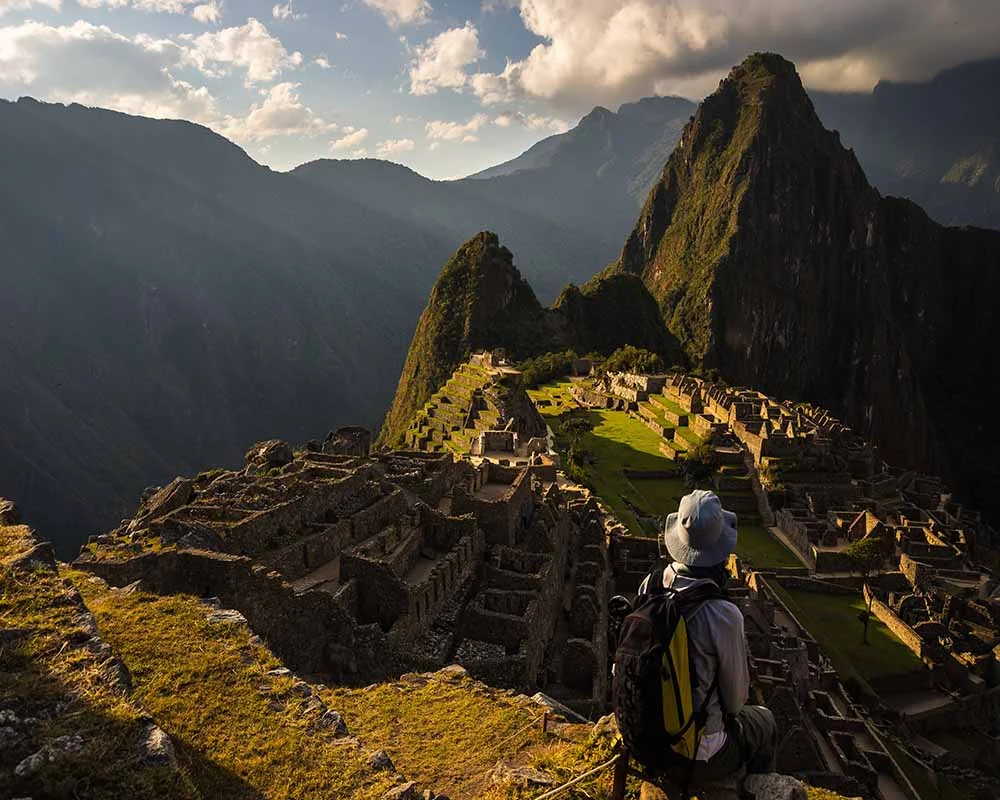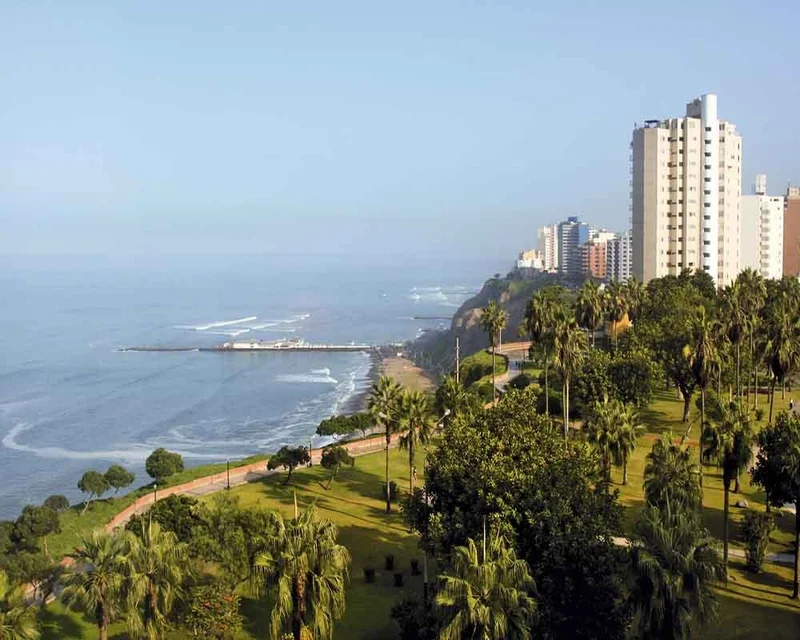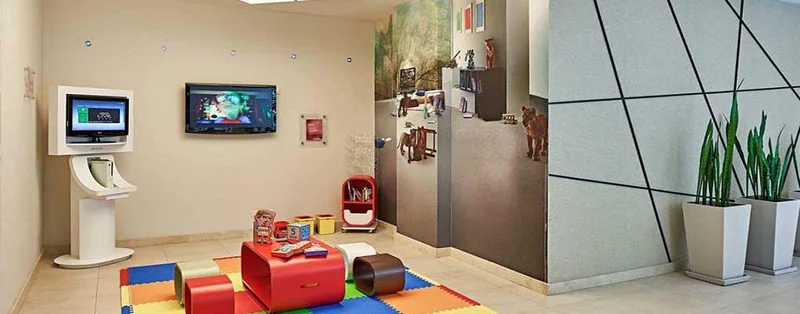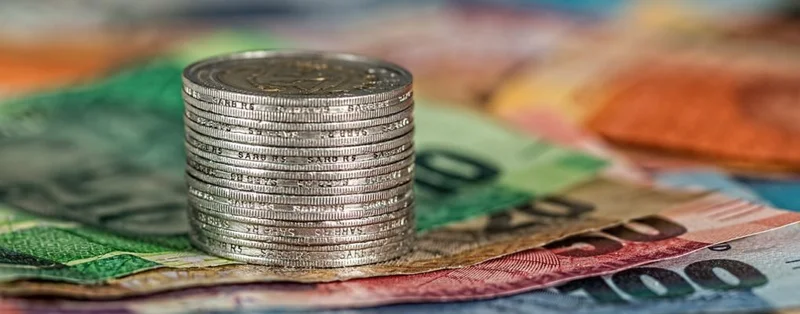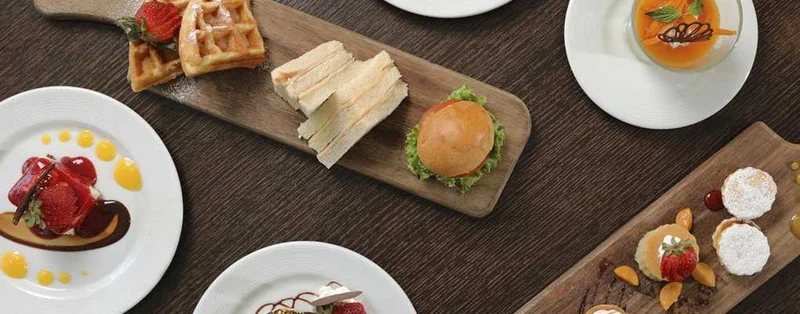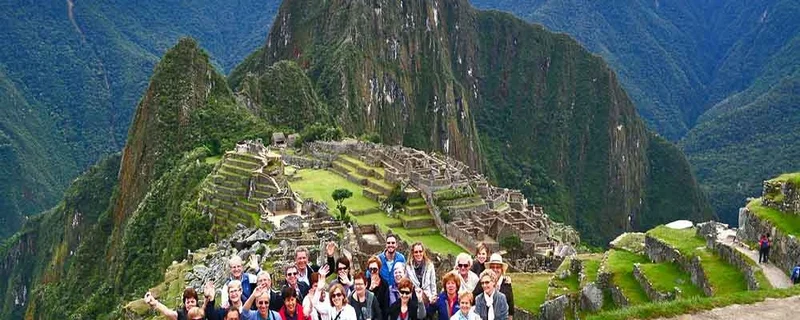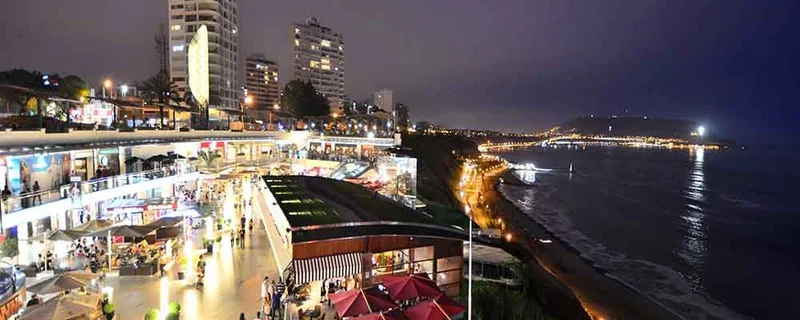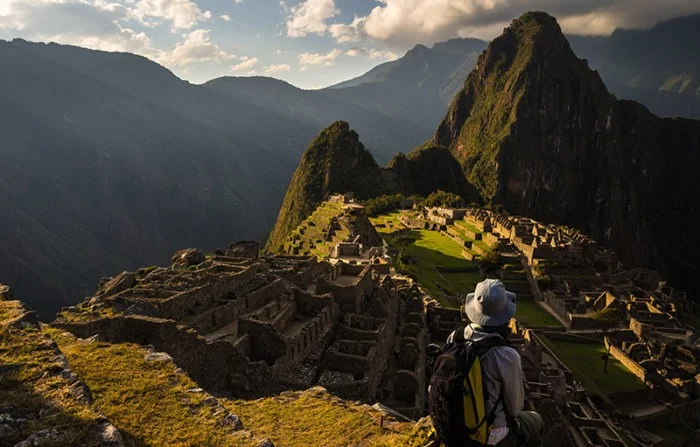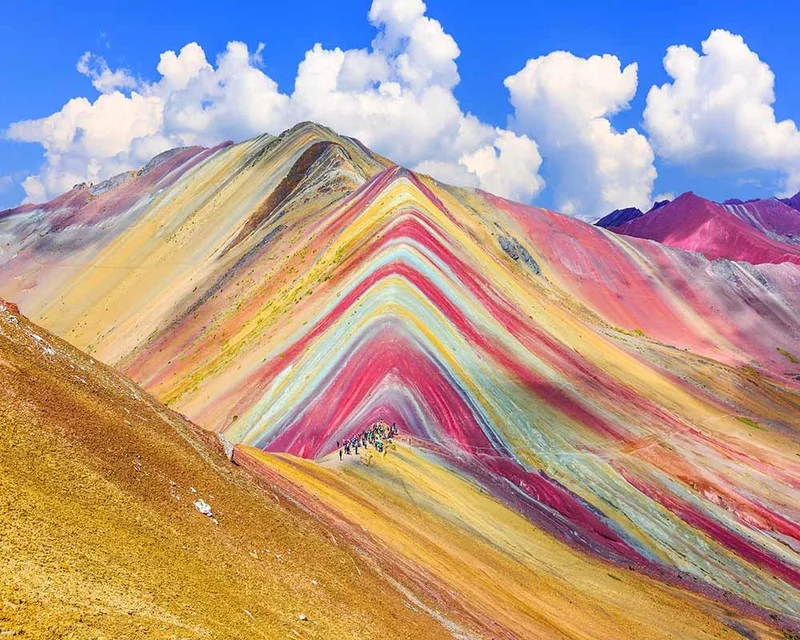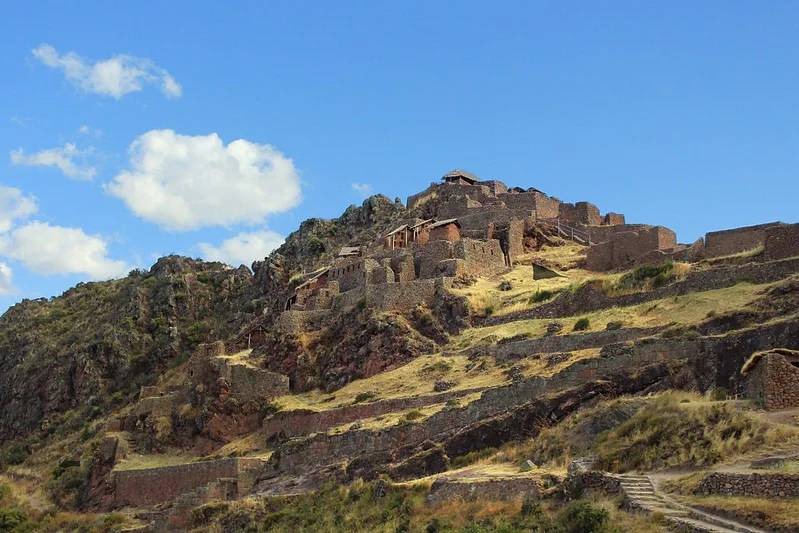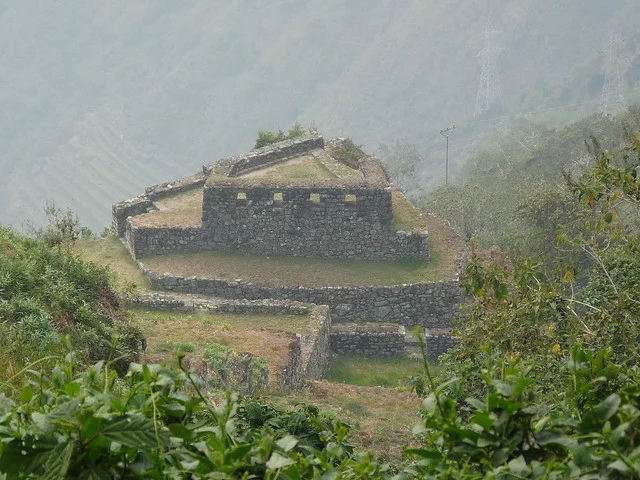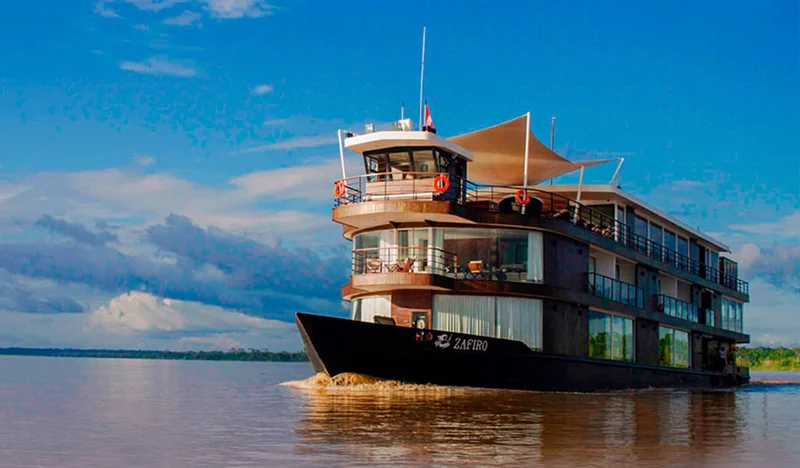Peru General Information
Time Zone: Peru is 5 hours behind GMT. Also, it is in the same time zone as US Eastern Standard Time Zone and does not observe daylight-savings time.
Days Most Popular Museums and Tourist Sites are closed
Lima
Gold Museum: January 1, May 1, July 28
Rafael Larco Herrera Archaeological Museum: Never closes
Archaeological and Anthropological Museum: Mondays, January 1, May 1, July 28, July 29, November 1, December 25.
Museo de la Nacion: January 1, May 1, July 28, December 25.
Pachacamac Ruins: January 1, December 25.
Cusco
Cusco Cathedral: Sundays
Valuables: We suggest that while touring or shopping you leave your passport and the bulk of your money in the hotel; only take with you the money you intend to spend or exchange at that particular time. It is also helpful to take a copy of the picture page of your passport to carry in your wallet because it is sometimes needed to exchange traveler’s checks. This copy can also be useful in the event your passport is lost or stolen.
Photographs: It is customary in many Indian populated areas to give a small tip to the subject of your photographs. These tips can be monetary or souvenir type items such as a ball point pen. In addition, items such as cosmetics, pens, T shirts and pocket calculators often can be traded in the Indian markets for native handicrafts.
Luggage: You will want a small bag for excursions to Machu Picchu and the Amazon. Bring a duffle bag to pack for the Amazon, your main suitcase will stay in the city office of the jungle lodge. There is no room for all the luggages on the jungle boats. We suggest one of the fold-up, expandable types — can be carried in a larger suitcase, it is perfect for overnight and handy to carry souvenirs when you pack to return home.
Electric Voltage: The electric voltage in Peru is 220 volts, 60 cycles and the electrical outlets require a connector with 2 small round prongs. Although some major hotels also have outlets with 110 volts and others have adapters for use, we find it much more convenient to bring our own.
Language: Peru has two official languages, Spanish and Quechua. English is spoken in most hotels, tourist shops and major visitor centers.
